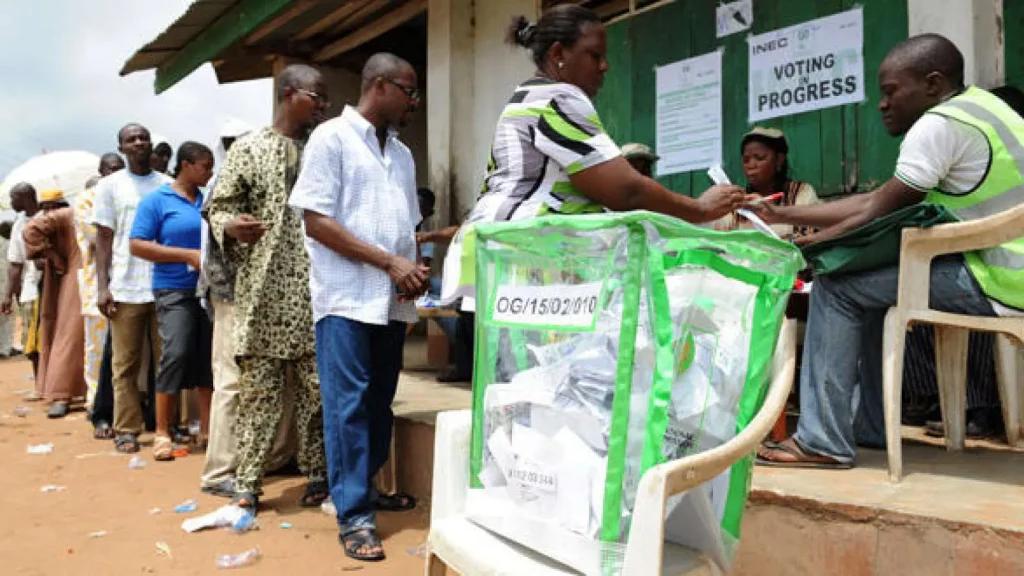The Securities and Exchange Commission (SEC) of Nigeria has reported that the country witnessed over $50 billion in cryptocurrency transactions between July 2023 and June 2024. This significant influx of cryptocurrency activity has raised concerns regarding the low participation of Nigerian citizens in the traditional capital market. According to the SEC’s Director-General, Dr. Emomotimi Agama, only about four percent of the country’s adult population are active investors in the capital market.
This low participation rate is seen as a major obstacle to economic growth and capital formation. While fewer than three million citizens are invested in the capital market, a substantial number, over 60 million, engage in daily gambling activities, with estimated daily spending of $5.5 million. This disparity highlights a paradox where there is a clear appetite for risk among the population, but a lack of trust or access to channel this energy into productive investments.
Nigeria’s market capitalization to Gross Domestic Product (GDP) ratio stands at approximately 30 percent, significantly lower than that of other countries such as South Africa, which has a ratio of 320 percent, Malaysia with 123 percent, and India with 92 percent. This considerable gap underscores the urgent need to enhance financial inclusion and rebuild investor confidence. Furthermore, the country’s annual infrastructure deficit of $150 billion far exceeds the market’s contribution, with only N1.5 trillion approved in Public Private Partnership bonds, indicating a misalignment between financial innovation and national priorities.
The SEC Director-General emphasized the need for a ‘reimagined SEC’ that would serve both as a regulator and an enabler of private-sector-driven growth. This call to action aims to address the current challenges faced by the Nigerian capital market and to foster an environment that encourages greater participation and investment. By deepening financial inclusion and rebuilding trust, the SEC hopes to unlock the potential for more robust economic growth and development in Nigeria. The situation underscores the importance of aligning financial innovation with national priorities to address the significant infrastructure deficit and promote sustainable economic development.



